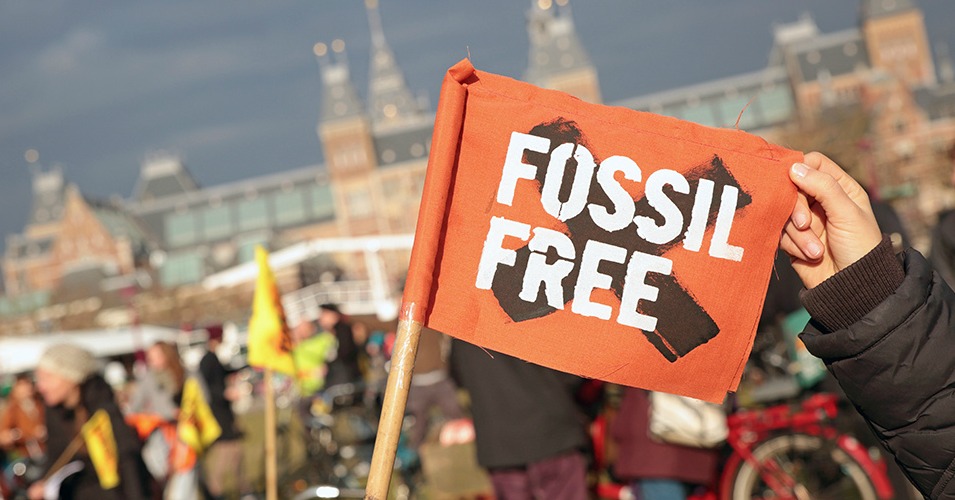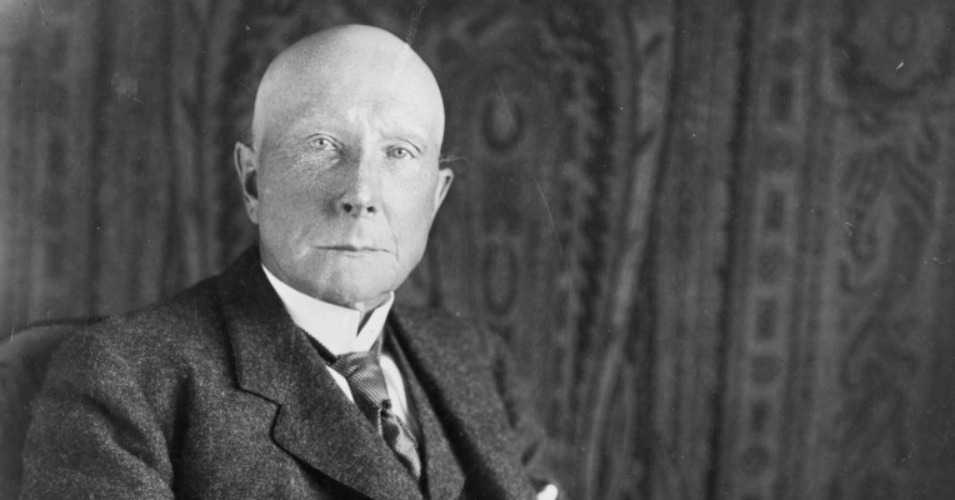The United Nations body charged with guiding and implementing international climate policy has thrown its weight behind the growing fossil fuel divestment movement, lending “moral authority” to a campaign aimed at stemming global warming, the Guardian reportedon Sunday.
“We support divestment as it sends a signal to companies, especially coal companies, that the age of ‘burn what you like, when you like’ cannot continue,” said Nick Nuttall, spokesman for the UN Framework Convention on Climate Change (UNFCCC).
World leaders are meeting this December in Paris to hammer out a sweeping, international climate agreement.
“Everything we do is based on science and the science is pretty clear that we need a world with a lot less fossil fuels,” Nuttall told the Guardian. “We have lent our own moral authority as the UN to those groups or organizations who are divesting. We are saying ‘we support your aims and ambitions because they are fairly and squarely our ambition,’ which is to get a good deal in Paris.”
Climate activists like 350.org’s Bill McKibben were pleased by the development:
WOW! UN spokesman officially supports divestment campaign–sends signal that the age of ‘burn what you like’ is over http://t.co/yV2OnCWB6p
— Bill McKibben (@billmckibben) March 15, 2015
Officially mainstream: UN endorses the fossil fuel #divestment campaign on the path toward Paris #COP21 http://t.co/26jdupnzNy
— Ben Cushing (@bmcushing) March 15, 2015
However, Oscar Reyes, of the Institute for Policy Studies, urged the UNFCCC to avoid hypocrisy with its own Green Climate Fund—established to redistribute money from the developed to the developing world in order to assist the developing countries in adaptation and mitigation practices to counter climate change:
#UNFCCC lends “moral authority” to #divestment? If that means anything at all, should ensure Green Climate Fund is fossil fuel-free #GCFund
— Oscar Reyes (@_oscar_reyes) March 15, 2015
As last month’s Global Divestment Day demonstrated, the call to divest from the fossil fuel industry is spreading.
According to Bloomberg, Oxford University will consider on Monday “whether to become the most prominent academic institution to join a growing movement in favor of divesting from publicly traded fossil fuel companies.”
And Divest Harvard is gearing up for a week of divestment actions in April, calling on Harvard University to:
- immediately freeze any new investments in fossil fuel companies;
- immediately divest direct holdings (currently $19.6 million) from the top 200 publicly traded fossil fuel companies;
- divest indirect holdings in the top 200 fossil fuel companies within 5 years, and reinvest in socially responsible funds.




